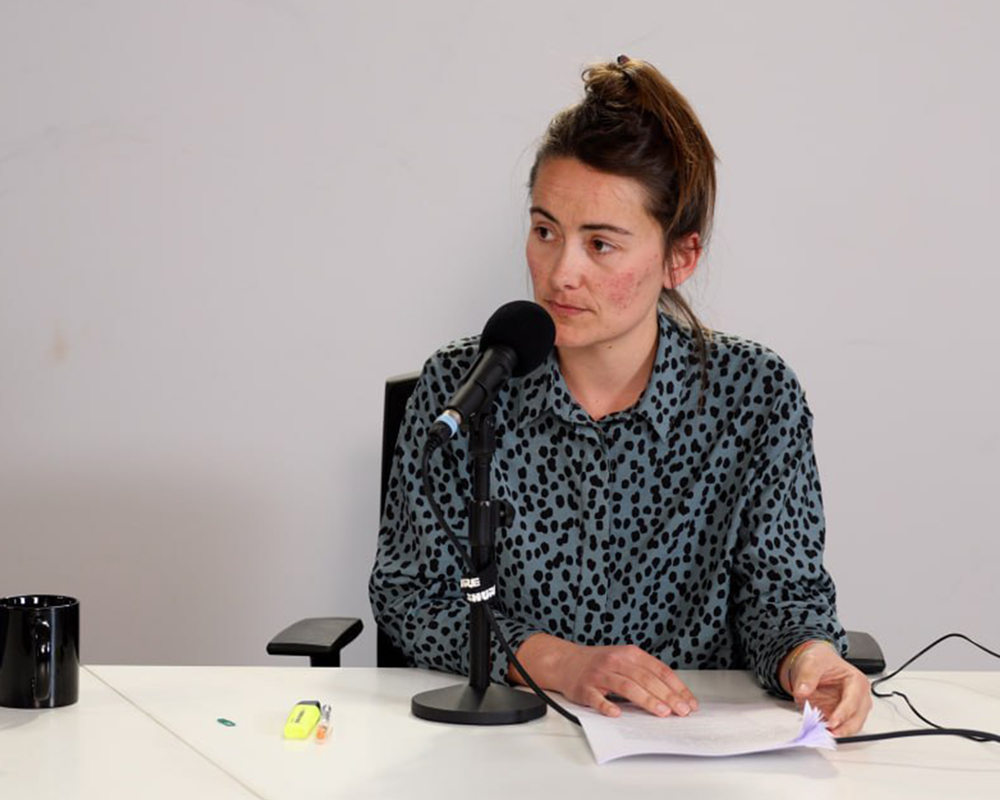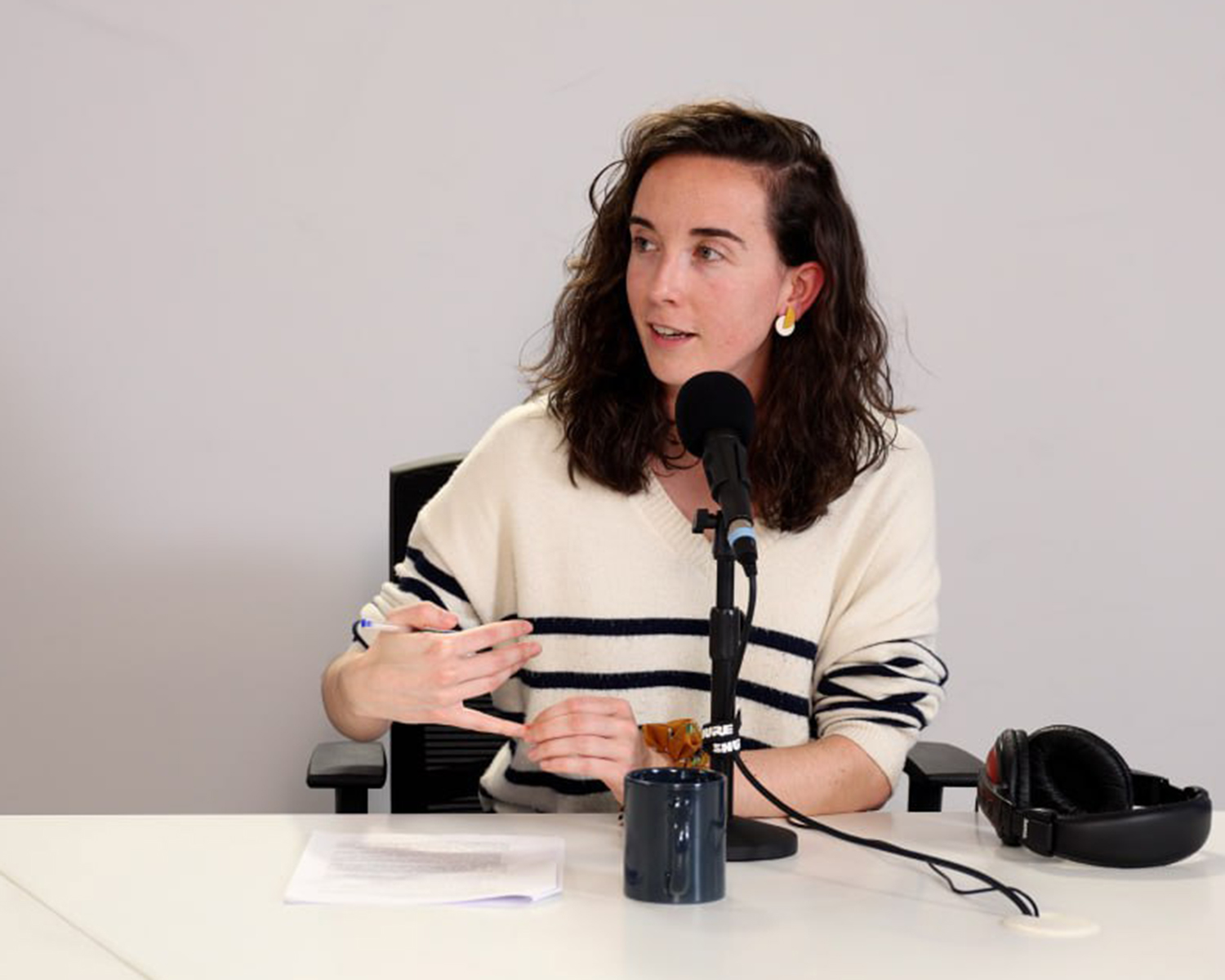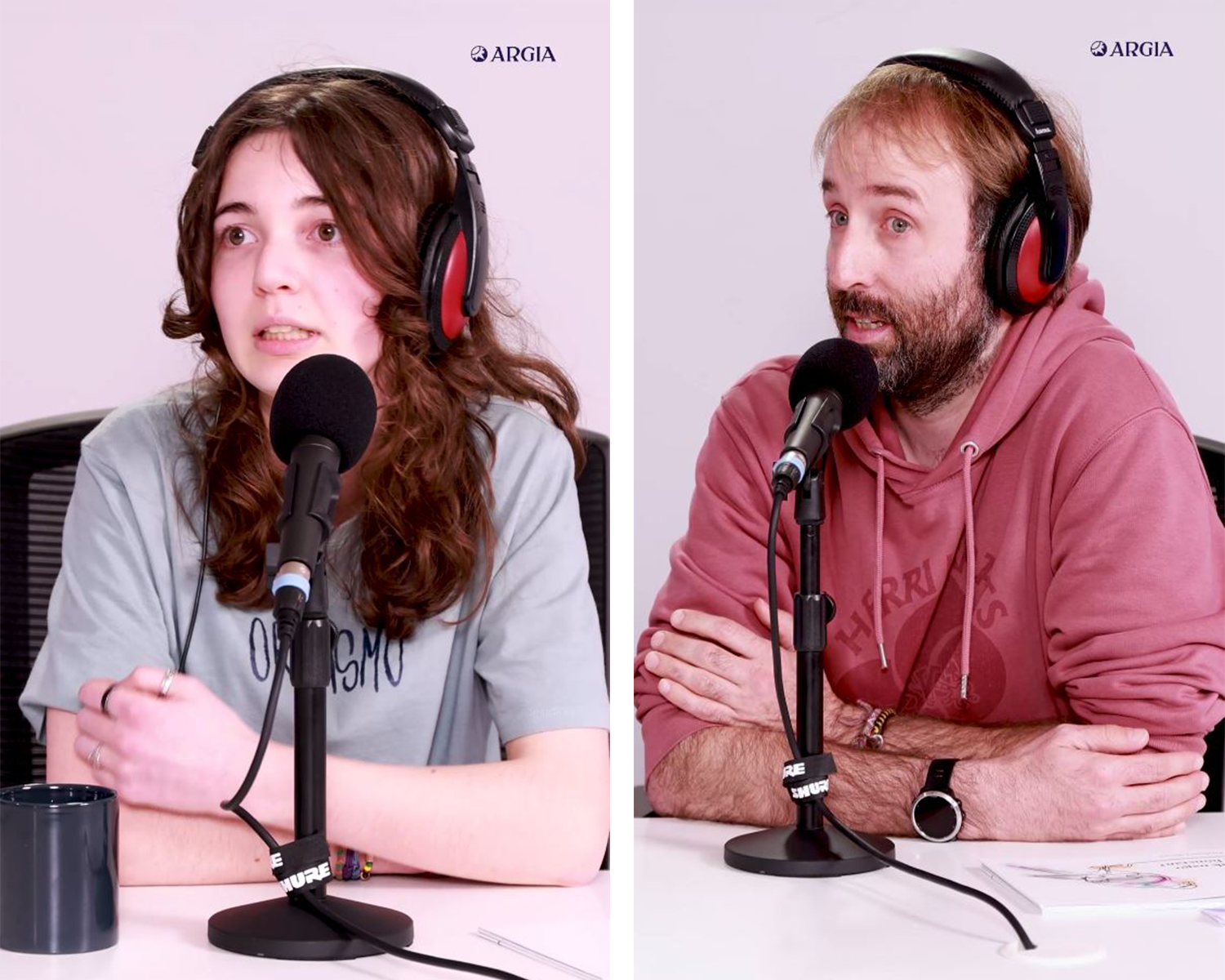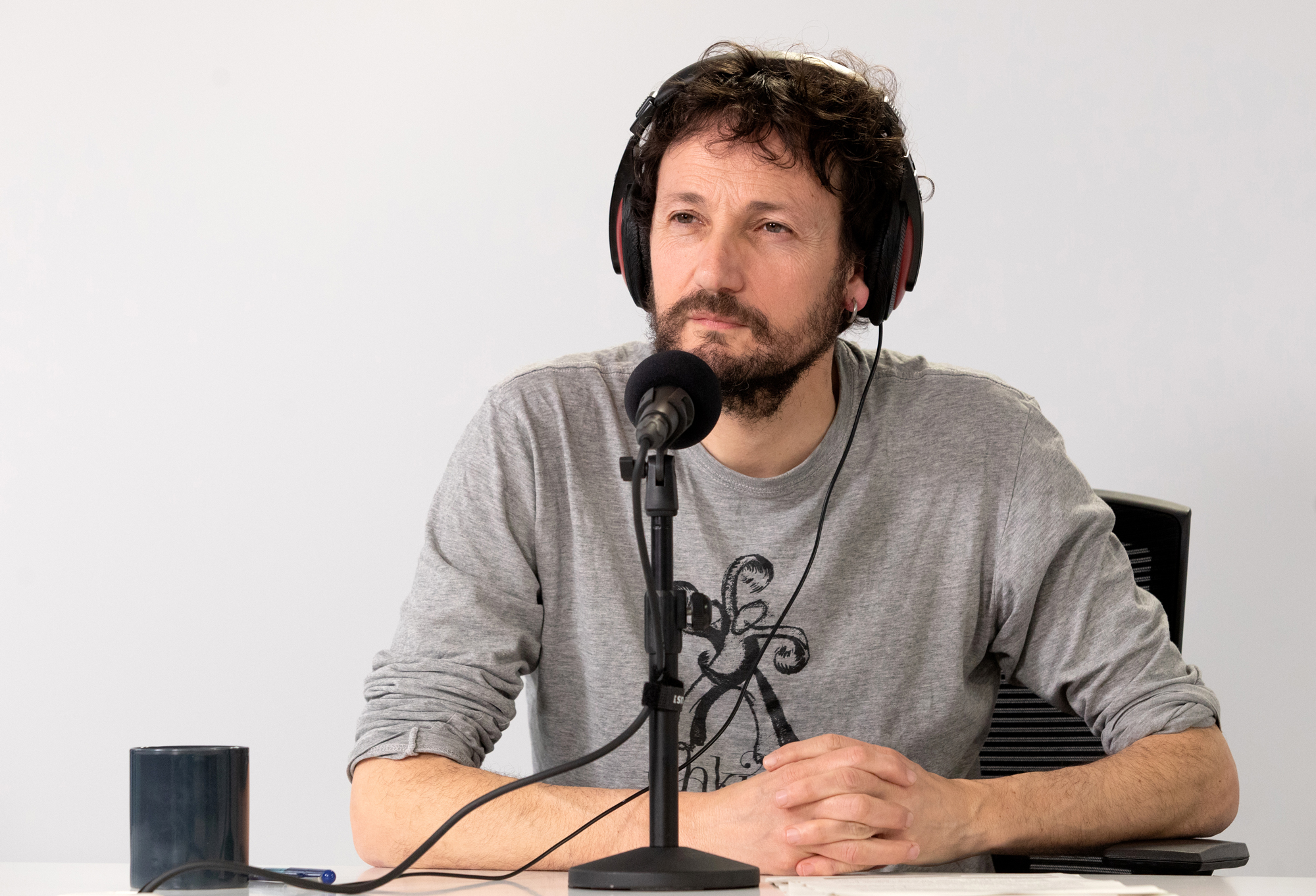"Postmodernity is characterized by questioning everything"
- The reality has been questioned by Imanol Álvarez and Iñigo Martínez in the fifth episode of the podcast... and the reality is that this article, which is a summary of the session, has only come to collect the reflections of the conversation with thick brushes.

What is real and what is not? As soon as the session began, Iñigo Martínez asked the philosopher Imanol Álvarez to invite him. He immediately subverted the script: “I’m not that interested in these questions.” It is more exciting for him to reflect on the things of everyday life: if there is an existence of objectivity, what is the most reliable way to analyze reality, what is the relationship between reality and truth...
As concluded in previous sessions, all questions about reality and truth also begin as children, and the questions tend to change over time: "Just as reality is constantly changing, so are the questions, but curiosity is still there." In any case, in Álvarez’s opinion, childhood is the most important and important age in the construction of one’s identity, which is why the environment has a special impact: "The environment of childhood will influence the way we interpret all the realities that we will encounter later."
At the end of his studies in philosophy, Álvarez is well aware of the "moment of crisis" in which he lived: although the questions he collected in the notes were useful for society as a whole, people do not pay any attention to philosophy. The way things are. So he focused on children: instead of few people philosophizing a lot, many people philosophizing a little.
In addition to high school and teaching, she works in workshops with children and young people. She tells the podcast about an experience she received in one of them, related to the theme of reality. They were just around the table saying, "What makes something, to be something?" With the question, they were right in front of them about the chair: what made the chair a chair? In Álvarez’s words, the answers are usually as follows: the chair is a chair for its purposes, activities and functions, because people use it as a chair, because it is called a chair... Well, a girl in the gender transition raised her hand and said: "A chair doesn't have to be a chair." The moment was devastating, Álvarez said: "In a certain sense, yes, he identified himself with the chair; he understood very well the purpose of the dynamics, what they were reflecting on, who and how he defines reality."
Reality and Truth I
From the middle of the podcast, Iñigo Martínez and Imanol Álvarez have reflected more on the current society’s understanding of reality. "Some want to quantify everything, they only look for the answer in science, while others only explore inside them, in feelings and thoughts," says Alvarez. In his opinion, the key is to combine the two.
"A girl in the gender transition said: the chair does not have to be a chair"
These are two great areas of reality, and he has brought to the podcast the song (and lyrics) that he usually puts to the students of philosophy of the Baccalaureate to start working on the subject: Desolatio of the group Itoiz. In fact, the lyrics of the song "make a rational and cultural approach" to this concept of desolation; but from the middle it turns around and narrates the subjective aspect. That is, that some realities cannot be understood without experience.
But are there different realities? Don't we often talk about it? And if there are different realities, does an objective reality exist? Álvarez begins to answer these questions from here: "We're crazy about the dichotomy." The sequence of the response, on the podcast.
Reality and Truth II
As the audition progressed, more reflections were made. In fact, at a time when science has made so much progress, when certain truths are so proven, questions such as whether the world is round or flat are being questioned. Martinez asks Alvarez what he thinks of these questions. And here's the answer: "Whether or not the world is round will not change anything, whether or not politicians are extraterrestrials; I am interested in questions that can change the world, such as what these politicians propose."
Álvarez proposes to put a mirror in front of those who are asking questions like this: "Why are we so stubborn about questions like this? I think postmodernity is characterized by a return to skepticism and relativism, a questioning of everything... There has been a proliferation of voices questioning many basic knowledge, but not everything can be put on the same level; we all have the right to express our opinion, but not all opinions are on the same level."












